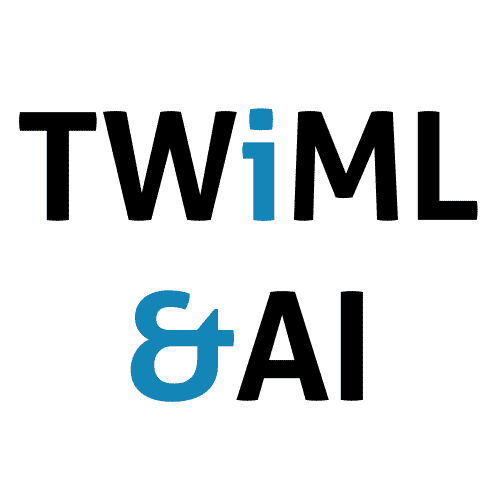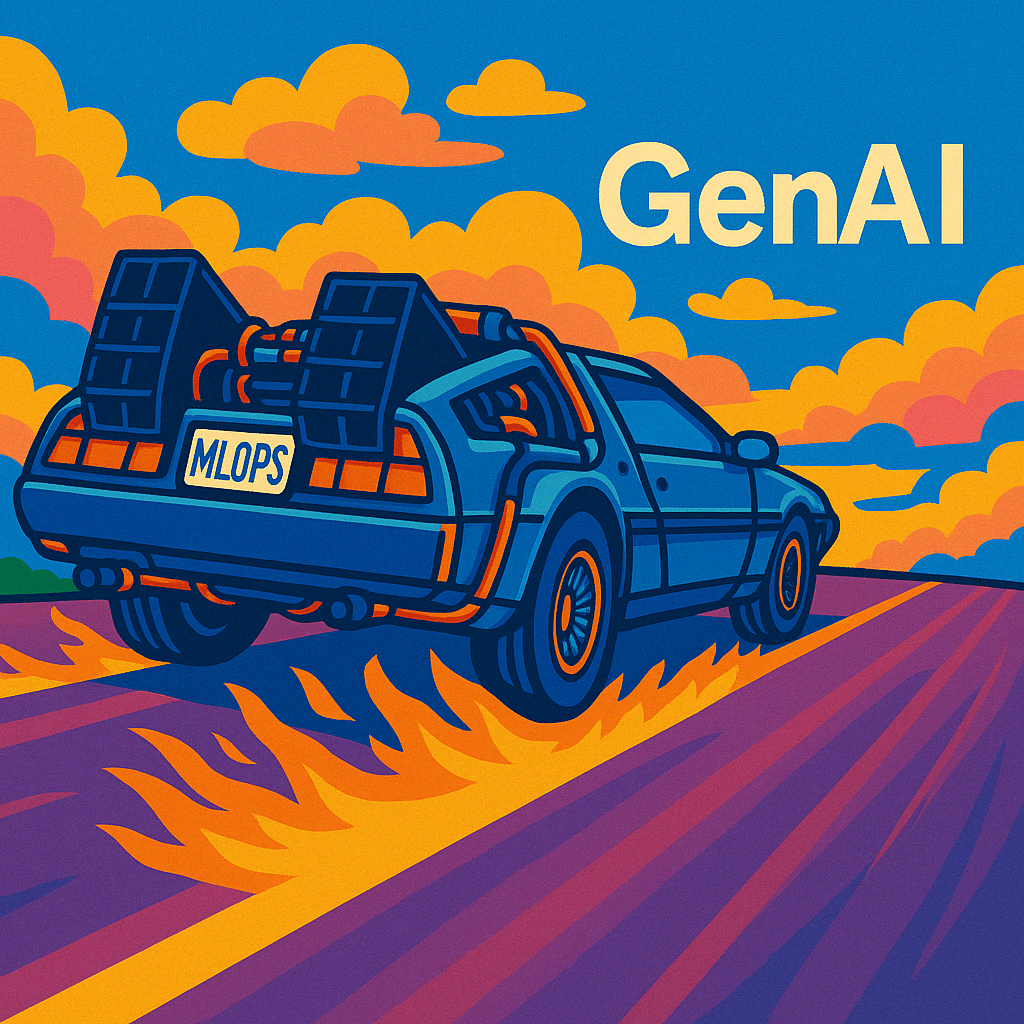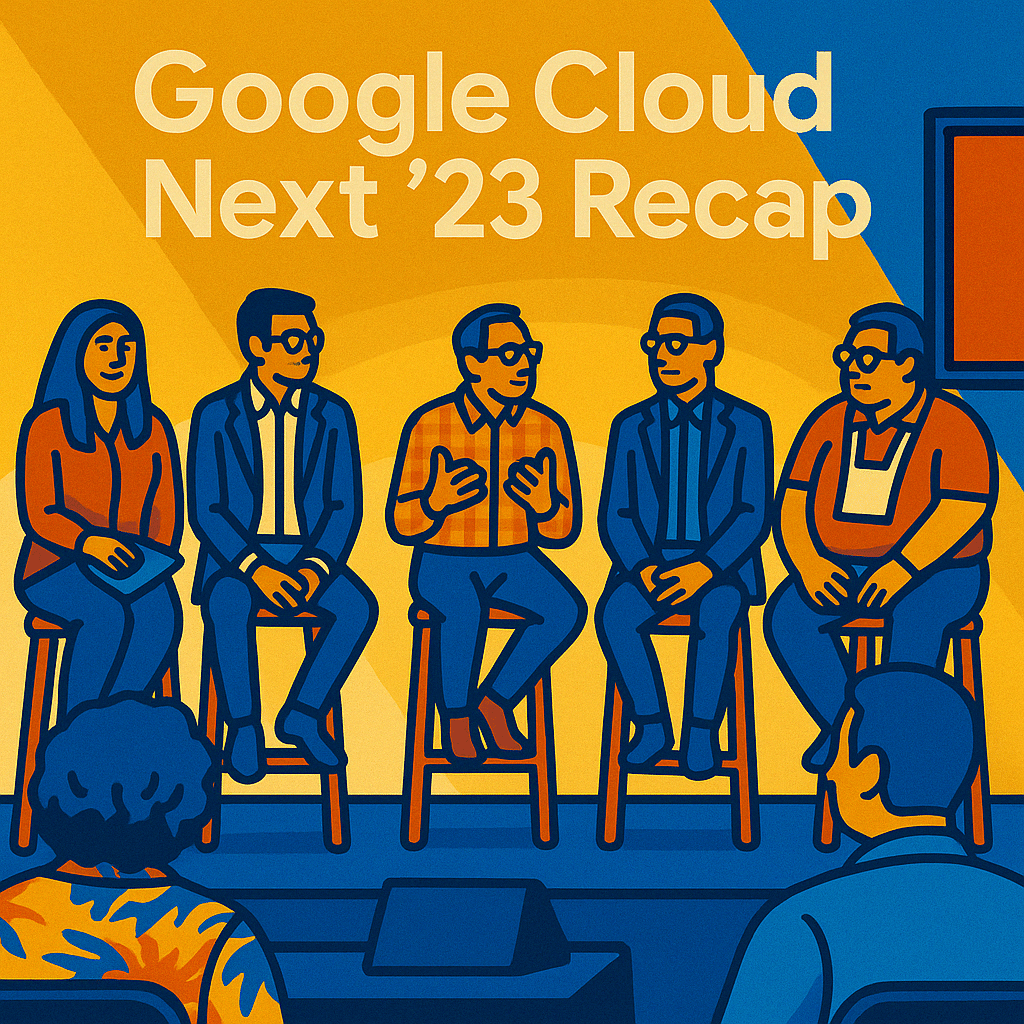Bits & Bytes
Google’s new TensorFlow Lite targets mobile and embedded.
- Designed to be lightweight, cross-platform and fast, Tensorflow Lite is an architecture for converting TF models to run on resource-constrained hardware. Ultimately it is intended to replace the existing TensorFlow Mobile framework, but it’s currently much more limited in the number of operators it supports. MobileNet, Inception v3 image recognition models have been ported to TFL, along with a new model called Smart Reply for on-device conversational predictions a la Google Inbox. One scary note I saw in the coverage of the TFL launch was a reference to AioT or the “artificial intelligence of things.” Somehow I’d been lucky enough to have missed this one. Ugh.
AWS announces ONNX import for MXNet.
- Back in September, Microsoft and Facebook announced ONNX, a platform-independent format for representing deep neural networks. With the announcement of ONNX-MXNet, Amazon adds their support for the format and makes it possible for developers to import ONNX models into Apache MXNet. The company promises increased operator coverage and support for exporting MXNet to ONNX in the future, and hopes to merge the ONNX-MXNet functionality into core MXNet APIs.
Microsoft introduces Visual Studio Tools for AI beta.
- Microsoft has released Visual Studio Tools for AI, an extension for Visual Studio 2017 that helps developers and data scientists train deep learning models and embed them into applications. Visual Studio Tools for AI supports a variety of popular deep learning frameworks and also integrates to Azure for training against larger data sets.
New Apple research on face detection and autonomous driving.
- Apple’s latest Machine Learning Journal entry covers face detection and the iOS Vision framework. The article discusses Apple’s transition to deep learning for face detection in iCloud and iOS, and includes an interesting discussion of optimizing for on-device considerations. Apple researchers also published a paper on VoxelNet, a 3D detection network that unifies feature extraction and bounding box prediction into a single stage, end-to-end trainable deep neural network.
South Korean industrial giants partner with Element AI to create $45m AI fund.
- SK Telecom, Hyundai Motor Company and Hanwha Group will create a joint fund to invest in AI startups, which will be advised by Yoshua Bengio’s Element AI.





